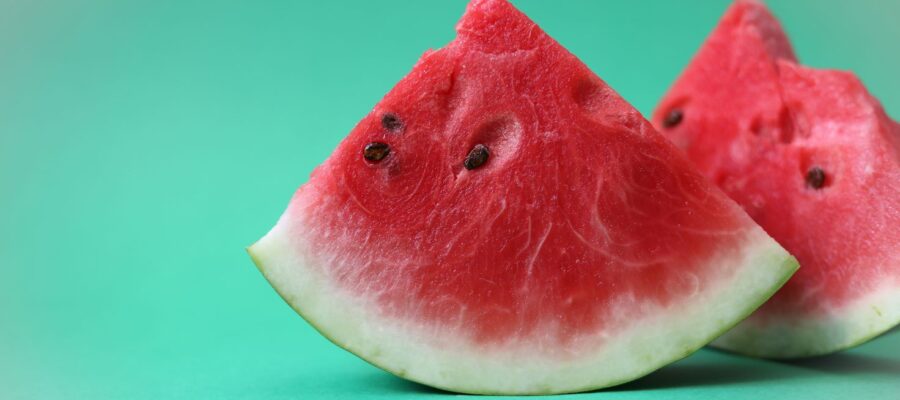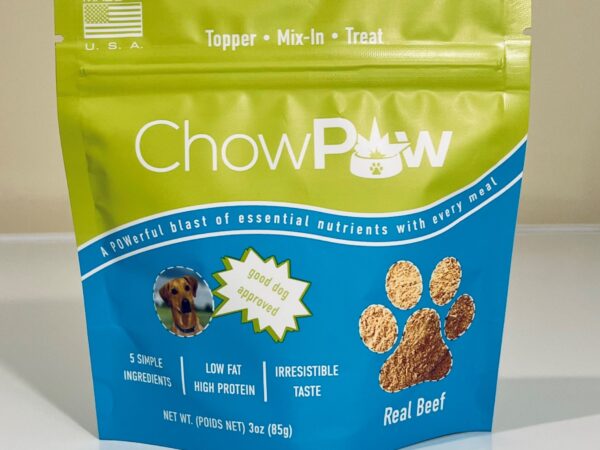
Can Dogs Eat Watermelon? A Refreshing Treat with a Few Cautions
Watermelon: the quintessential summer fruit, enjoyed by humans and canines alike! Its juicy sweetness and refreshing nature make it a tempting treat for your furry friend on a hot day. But is watermelon truly safe for dogs to eat?
The answer is YES, but with some important caveats. Let’s explore the benefits, potential risks, and best practices for sharing this summer delight with your pup.
The Juicy Benefits of Watermelon for Dogs
Watermelon offers a variety of health benefits for dogs:
- Hydration: Composed primarily of water (around 92%), watermelon is a hydrating snack, especially crucial during hot weather.
- Vitamins & Antioxidants: It’s packed with vitamins A, B6, and C, along with lycopene, an antioxidant known for potential health benefits.
- Low in Calories & Fat: Watermelon is a great low-calorie treat option for dogs watching their weight.
- Fiber: The flesh contains fiber, aiding digestion.

Precautions: What to Watch Out For
While watermelon flesh is generally safe, certain parts can be harmful:
- Seeds: Watermelon seeds can pose a choking hazard or cause intestinal blockage if ingested in large quantities. Always remove seeds before giving watermelon to your dog.
- Rind: The rind is tough to digest and can cause gastrointestinal upset, including vomiting and diarrhea.
Are Seeds Harmful for Dogs?
Absolutely! Watermelon seeds present a few risks for dogs:
- Choking Hazard: The size and shape of watermelon seeds can make them easy to choke on, especially for smaller dogs.
- Intestinal Blockage: If a dog swallows too many seeds, they can clump together and obstruct their intestines, requiring surgical intervention.
- Mild Toxicity: Watermelon seeds contain trace amounts of cyanide, but the amount in a few seeds is not typically harmful.
To be safe, always remove the seeds before giving watermelon to your dog.
How to Safely Serve Watermelon to Your Dog
Follow these tips to make watermelon a refreshing and safe treat:
- Seedless Varieties: Opt for seedless watermelon whenever possible.
- Remove the Rind: Cut away all of the green rind before serving.
- Cut into Bite-Sized Pieces: Chop the watermelon flesh into manageable pieces, depending on your dog’s size.
- Moderation: Start with small amounts and monitor for any digestive upset.
- Consult Your Vet: If your dog has any underlying health conditions, check with your veterinarian before introducing watermelon.
When Watermelon Isn’t the Best Choice
While watermelon is a safe snack for most dogs, there are a few exceptions:
- Diabetic Dogs: Due to its natural sugar content, watermelon should be avoided or given sparingly to dogs with diabetes.
- Dogs Prone to Pancreatitis: The high sugar content can be problematic for dogs with this condition.
A Sweet & Healthy Summer Treat
Watermelon can be a delightful addition to your dog’s summer snack repertoire, offering hydration, essential nutrients, and a refreshing taste they’ll love. Just remember to prepare it safely and practice moderation.






